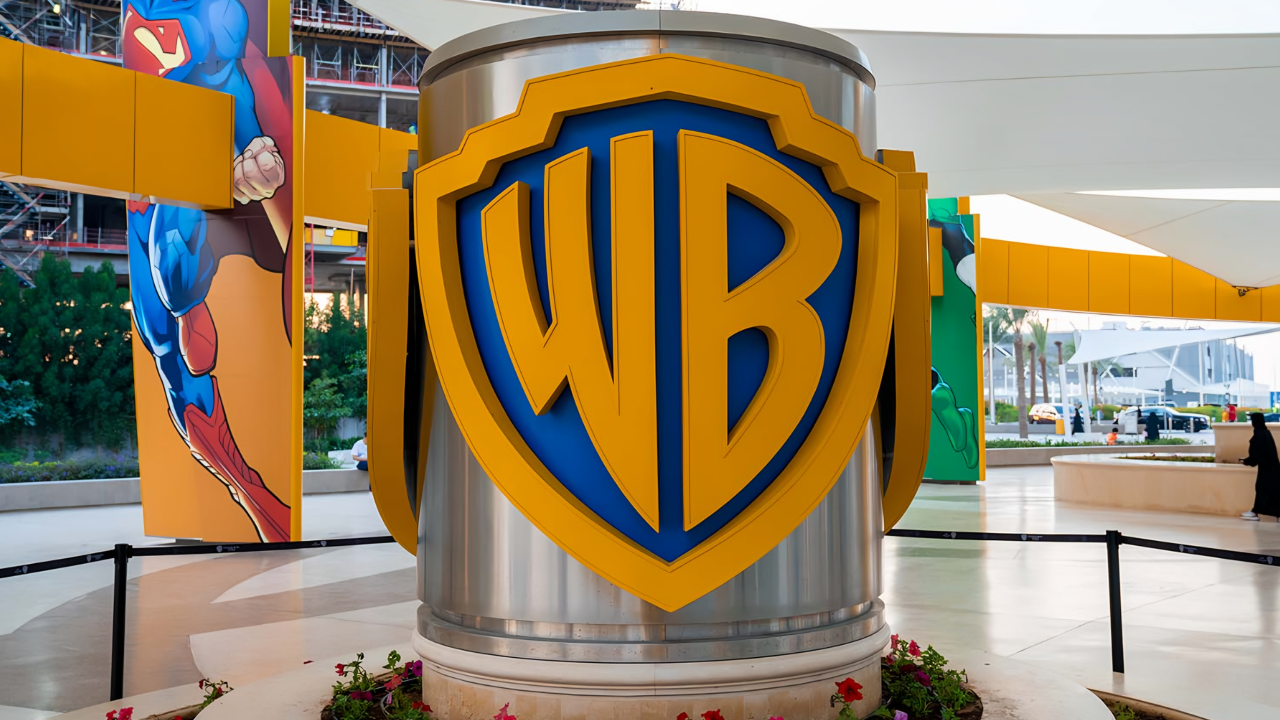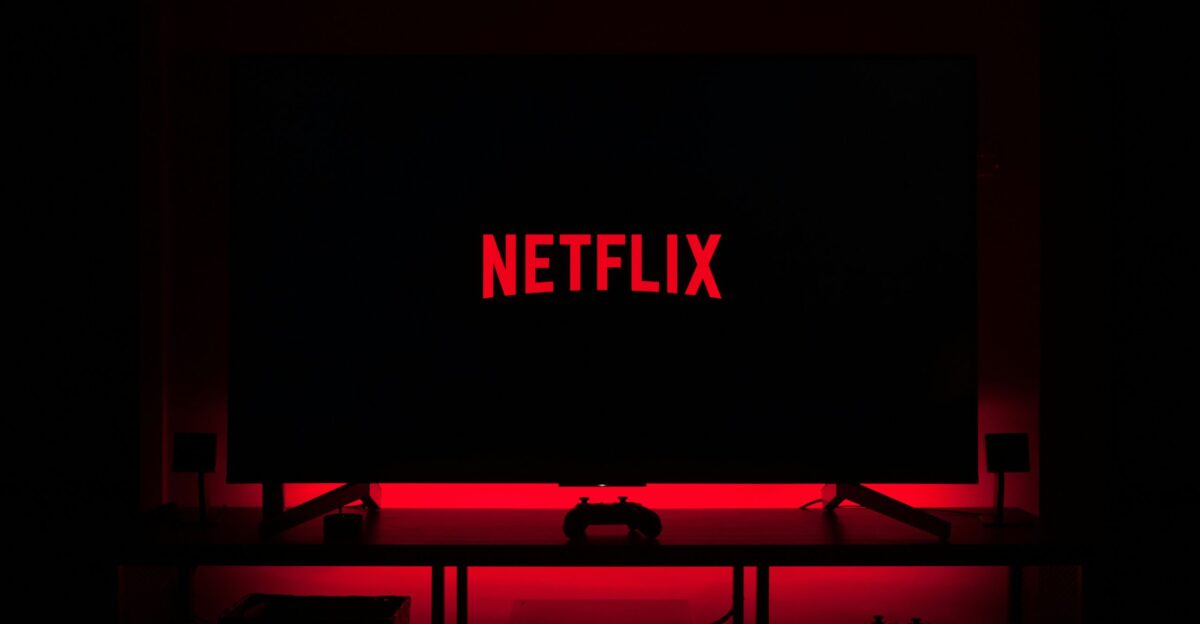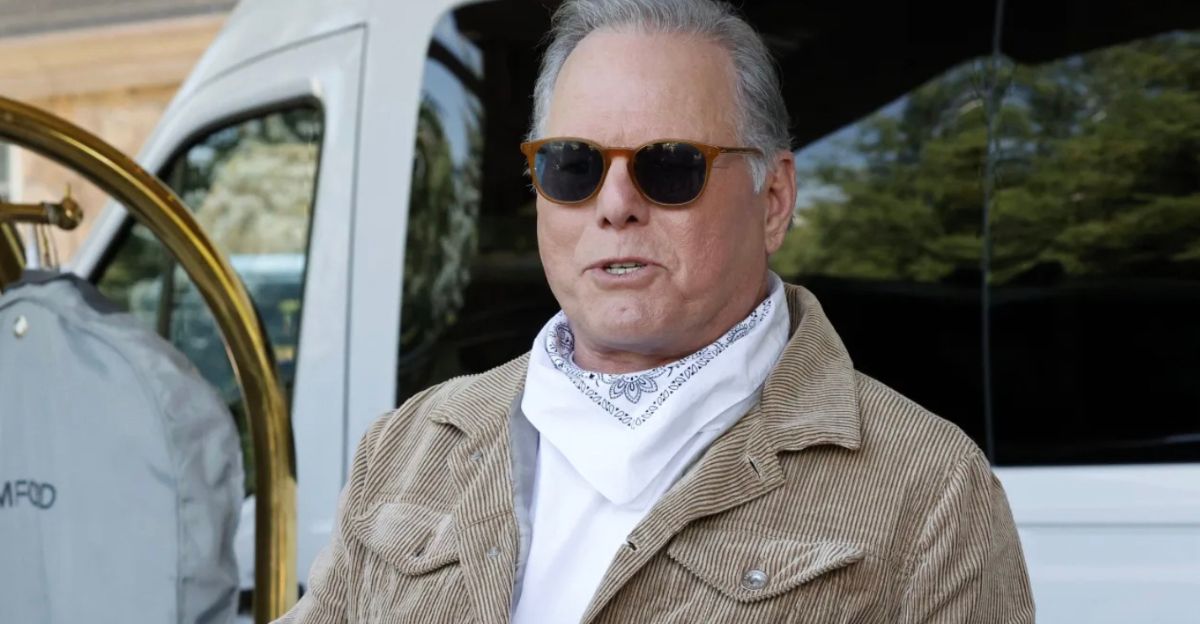
Warner Bros. Discovery has officially opened the door to a sweeping corporate transformation—one that could place CNN under the control of a Trump-aligned billionaire dynasty. On October 21, the company’s board announced a review of strategic alternatives after receiving unsolicited acquisition interest from multiple parties, with Paramount Skydance, backed by Oracle founder Larry Ellison, emerging as the most aggressive bidder.
Larry Ellison, an 81-year-old tech billionaire who has donated tens of millions to Republican causes and maintains close ties to President Trump, is bankrolling his son David Ellison’s bid through Paramount Skydance to acquire Warner Bros. Discovery—which would give the family control over CNN, HBO, and Warner Bros. studios.
The prospect of the Ellisons controlling CNN has drawn significant attention given Larry Ellison’s political evolution from a Clinton supporter to a prominent Trump ally who appeared at the White House alongside the President and has been described by Trump administration insiders as operating like a “shadow president.”
The elder Ellison contributed $15 million to Republican super PACs, hosted Trump fundraisers, participated in post-2020 election strategy calls with Trump allies, and invested $1 billion in Elon Musk’s Twitter acquisition—which led to Trump’s account being reinstated. His son David recently completed the Paramount acquisition with his father’s financial backing after Paramount settled a $16 million lawsuit with Trump over CBS News coverage.
CEO David Zaslav said the company aims to “realize the full value of our assets,” and the market responded immediately—shares surged more than 11 percent in intraday trading on the announcement. The move marks the latest consequence of streaming’s upheaval and traditional media’s decline.
Paramount Skydance was previously rejected when it offered approximately $24 per share—valuing Warner Bros. Discovery at nearly $60 billion according to Reuters sources. Comcast and Netflix are also reported to be monitoring opportunities, though Netflix executives have publicly downplayed acquisition ambitions.
The Board’s Multiple Options

Warner’s board is not pursuing a single path forward. The company continues to advance its previously announced separation into two distinct entities by mid-2026, while simultaneously evaluating three other scenarios: a full company sale, separate transactions for its Warner Bros. and Discovery Global businesses, or an alternative structure that would allow a merger of Warner Bros. with a spin-off of Discovery Global. This multi-track approach provides flexibility but also signals internal debate about the company’s optimal future.
The decision to explore strategic alternatives comes despite Zaslav’s earlier commitment to the two-company split, a plan designed to separate the high-growth streaming and film operations from declining traditional cable networks like CNN and HGTV. That underlying tension reflects the fundamental challenge confronting all legacy media—how to position premium content franchises in an increasingly fragmented entertainment marketplace.
A Deal That Would Rival Disney-Fox

Should a full acquisition occur, the transaction would rank among entertainment’s largest. The comparison to Disney’s $71.3 billion acquisition of 21st Century Fox in 2019 is inevitable. However, that blockbuster deal preceded major industry turbulence. Since then, streaming has achieved mass adoption, advertising revenue has flattened, and the cost to produce prestige content has soared—fundamentally reshaping dealmaking dynamics.
Netflix executives acknowledged this evolving landscape on their latest earnings call. Co-CEO Ted Sarandos stated the company has “no interest owning legacy networks, there’s no change there. We can be choosy,” while acknowledging that acquiring intellectual property could theoretically enhance the company’s offerings. Co-CEO Greg Peters suggested that recent consolidation waves do not appear fundamentally different from prior media mergers, indicating Netflix may be cautious about pursuing expensive acquisitions in the current climate.
Zaslav’s Debt Challenge and Franchise Strength

Since merging WarnerMedia and Discovery in 2022, Zaslav has pursued aggressive cost-cutting and restructuring to stabilize the company’s substantial debt load and return studios to profitability. The strategic review reflects a recognition that Warner’s intellectual property—including Batman, Superman, Harry Potter, and other franchises—retains enormous cultural and commercial value, even as the traditional television ecosystem contracts.
Warner’s portfolio encompasses HBO, CNN, the Warner Bros. film studio, and a broad range of cable networks from TNT to HGTV. Nielsen data shows these traditional networks have lost nearly half their prime-time audiences over the past five years, underscoring both the urgency driving the strategic review and the reality that any buyer must manage legacy assets while building streaming scale.
Industry Consolidation Accelerates

The strategic review reflects a larger transformation sweeping across entertainment. Streaming saturation, structural changes in advertising markets, and mounting production costs have forced legacy studios to pursue consolidation as a survival strategy. Deloitte research indicates that scale pressures and competitive dynamics may drive more partnerships and acquisitions throughout 2025, with studios seeking to combine capabilities, aggregate audiences, and achieve the technological capabilities necessary to compete with tech-backed rivals.
Australia’s recent announcement of a $274 million merger between Seven West Media and Southern Cross Media demonstrates consolidation extending globally, with traditional media companies recognizing that scale remains essential to competing against international streaming platforms.
What Comes Next
Warner’s board has set no fixed timeline for its review and emphasized that the process “may or may not result in any transaction.” Yet the announcement has effectively started a bidding process for one of Hollywood’s most storied collections of stories and franchises. Whether through acquisition, restructuring, or accelerated separation, the company’s next decision will signal how traditional studios navigate an entertainment landscape increasingly dominated by tech-backed streaming platforms and where owning premium intellectual property remains the ultimate strategic advantage. For CNN and the broader Warner Bros. Discovery portfolio, the outcome could determine whether America’s news and entertainment landscape shifts further into the hands of tech billionaires with close political ties to the current administration.